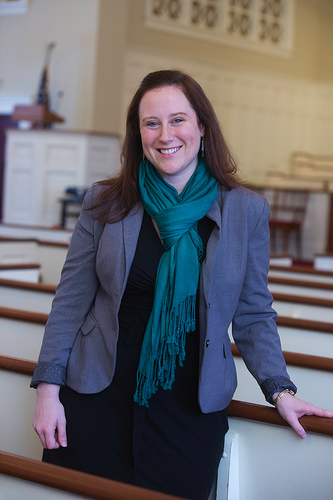During class assemblies time on Wednesday, January 15, sophomores watched a video called “The Bullying Experiment,” and then discussions on topics relating to bullying. Among the questions they considered were, “Do you agree with the statement, ‘There is no such thing as an innocent bystander’?” and “Would you say there is bullying at Williston, or would you just say there is ‘drama’?” They talked about how bullying changes depending on gender, how social media can amplify, and how to stop bullying.
“Good conversations were generated,” wrote Class Dean Matthew Spearing in a follow-up email to the sophomores.
“I hope you continue to discuss these topics in a respectful way. Standing up to help those in need is a serious issue. Putting yourself in others’ shoes, and seeing different perspectives is important to have empathy for each other. How would you like to be treated, especially in a time of need? Answering that question for yourself can help guide you in the decisions you make.
“Try to remember that no matter how hard you try, the person who is bullying you might not be willing to change his or her behavior. This is when talking to someone else can be really helpful. This may seem scary at first, however, telling someone can lighten your load and help you to work out how to address the problem and how you can stop being bullied. Talking to someone is particularly important if you feel unsafe or frightened. Asking for help or talking to someone about it is not being weak or have given in. In fact, it can take a lot of strength and courage.
“Although you may not want to, it’s important to tell someone in charge about what is happening. Your teachers, advisors, dorm parents, coaches, and school counselors want to know about bullying so they can take action and try to stop bullying across the school – it’s their job to help.
“There are many people who can support you, including friends, Proctors, advisors, dorm parents, coaches, Class Deans, Ms. Noble and Coach K., older brothers and sisters, teachers, family members, counselors or parents.
“The person you decide to talk to will be able to give you support and may be able to suggest ways to deal with the situation that you hadn’t considered. It’s important to address the feelings that come from being bullied. If you are seeing a counselor and feel you might get too nervous to speak, write down what you’d like to say on paper or in an email before your appointment. You might also feel more comfortable taking a friend with you.
“Please come talk to me if you want to discuss anything about this or other ideas you have.”



